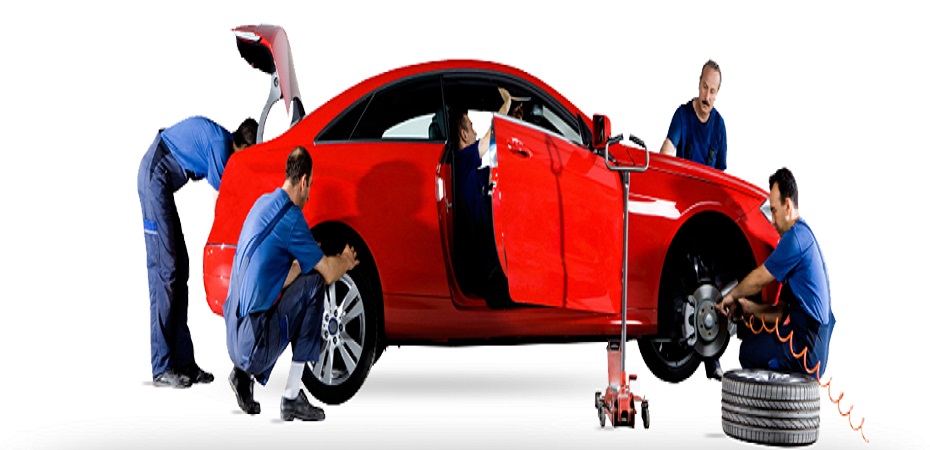Car repairs can be expensive, but regular maintenance and timely repairs can help keep costs down and ensure that your vehicle runs smoothly. In this article, we will discuss some common automotive repairs and how to prevent them. If you need any repair you can take help from Auto repair Milford NH.
Preventive Maintenance
Preventive maintenance is the key to keeping your car running smoothly. Regular oil changes, tire rotations, and brake inspections can help prevent costly repairs down the road. It’s also important to have your car serviced regularly by a qualified mechanic. They can identify potential problems and fix them before they become major issues.
Oil Changes
One of the most important preventive maintenance tasks is regular oil changes. Oil is the lifeblood of your engine and it needs to be changed on a regular basis to keep it running smoothly. Old oil can become contaminated with dirt and debris, which can cause serious damage to your engine. Most manufacturers recommend that you change your oil every 3,000 to 7,000 miles.
Tire Rotations
Tires are also an important part of preventive maintenance. Tires need to be rotated every 6,000 to 8,000 miles to ensure even wear. This will help extend the life of your tires and improve your car’s handling. It’s also important to check your tire pressure regularly and make sure that your tires have enough tread.
Brake Inspections
Brake inspections are also an important part of preventive maintenance. Your brakes need to be inspected every 20,000 miles. A qualified mechanic can check your brake pads and rotors for wear and replace them if necessary. This will help ensure that your brakes are always in good working order.
Common Repairs
Even with regular maintenance, your car may still need repairs. Some common repairs include:
- Battery replacement
- Alternator replacement
- Timing belt replacement
- Water pump replacement
- Fuel filter replacement
- Transmission Repair
Battery Replacement
A car’s battery is an important part of the starting and charging system. If your battery is more than three years old, it’s a good idea to have it tested. If it fails the test, it’s time to replace it. A qualified mechanic can test your battery and replace it if necessary.
Alternator Replacement
The alternator is responsible for keeping the battery charged and powering the electrical system. If the alternator fails, the battery will not be charged and the car will not start. A qualified mechanic can test the alternator and replace it if necessary.
Timing Belt Replacement
The timing belt is responsible for keeping the engine’s valves and pistons in sync. If the timing belt fails, the engine can be severely damaged. Most manufacturers recommend that the timing belt be replaced every 60,000 to 100,000 miles.
Water Pump Replacement
The water pump is responsible for circulating coolant throughout the engine. If the water pump fails, the engine can overheat and be damaged. A qualified mechanic can replace the water pump if necessary.
Fuel Filter Replacement
The fuel filter is responsible for filtering the fuel before it enters the engine. If the fuel filter becomes clogged, the engine can stall or not start. A qualified mechanic can replace the fuel filter if necessary.
Transmission Repair
The transmission is responsible for transmitting power from the engine to the wheels. If the transmission fails, the car will not move. A qualified mechanic can diagnose and repair transmission problems.
Conclusion
Regular preventive maintenance and timely repairs can help keep your car running smoothly and prevent costly repairs. If you have any concerns about your car, be sure to have it checked by a qualified mechanic. They can identify potential



